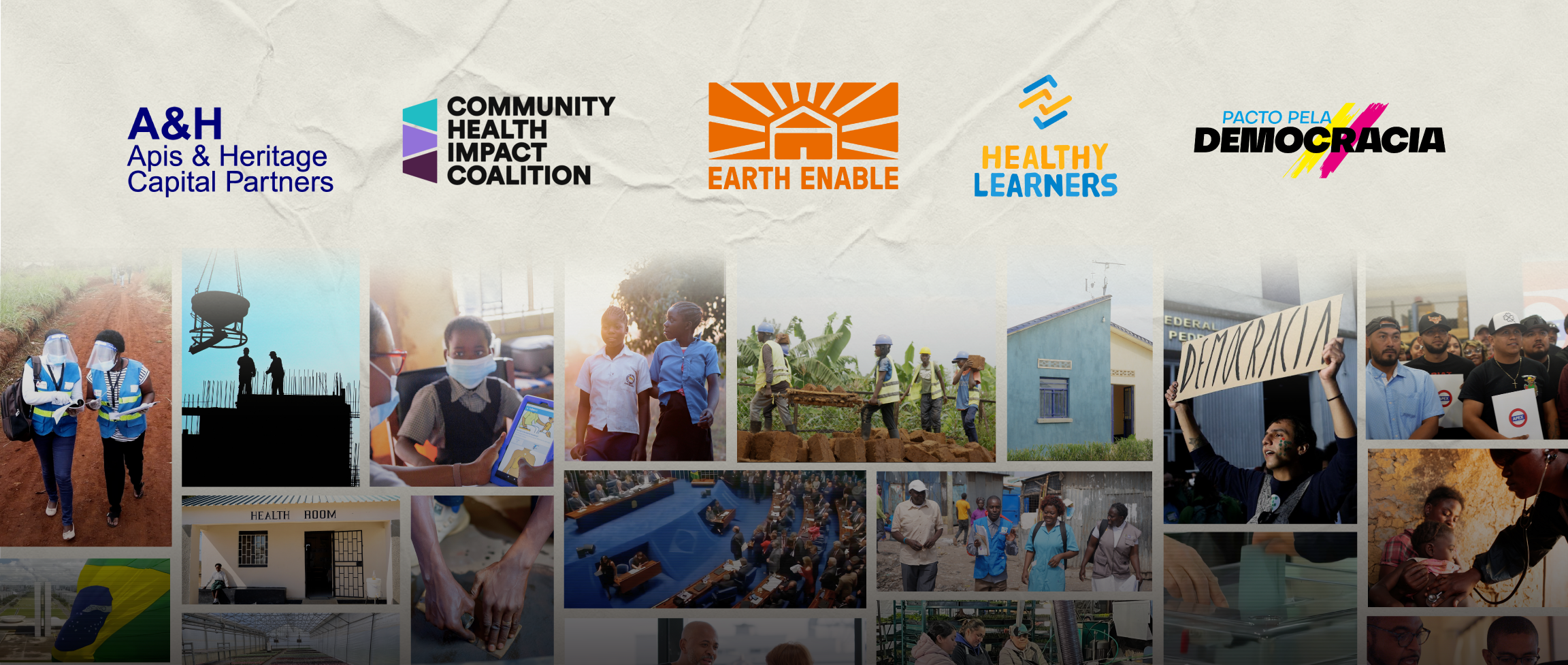Social Entrepreneurs Putting Data at the Heart of Systems Change
An emerging theme among Skoll Foundation Awardees is the strategic use of data to inform and influence decision-making by governments, corporations, consumers, and communities. While all organizations use data on some level for day-to-day activities and impact measurement, for some, it is the means by which they actually create change. These organizations must ask themselves questions like:
- What story do we need to tell with our data?
- How can we communicate that story to the right people in the right way?
- How do we empower our audience with the knowledge they need and then make sure they use it?
Let’s take a look at some of the ways that social entrepreneurs put data at the heart of their strategies for systems change.
Data generation
Slum dwellers are routinely excluded from the economies and political structures of their surrounding cities. Through its Know Your City program, Shack/Slum Dwellers International collects and consolidates city-wide data on slum settlements, giving a voice to these communities. By organizing themselves and collecting data on their settlements, slum communities can negotiate, advocate, and partner with local governments to improve their living conditions.
Data transparency
A leader in a growing global movement of people using business as a force for good, B Lab uses certification and impact scores to indicate how well companies meet rigorous standards of environmental performance, public transparency, and legal accountability. By making this data publicly accessible, B Corporations can effectively differentiate themselves from competitors and attract additional investment as well as top talent.
Real-time monitoring
Through its Akvo FLOW tool, Water For People collects, manages, analyzes, and displays real-time data on the functionality of its water points. With this data available to the public, maintenance professionals are able to respond to community needs and Water for People is able to provide ongoing monitoring and evaluation support to its partners. This ensures that water points and sanitation facilities continue to be used after they are built.
Frameworks
Frameworks help us analyze complex problems and assess the impact achieved in addressing them. Global Footprint Network accelerates the use of the Ecological Footprint, a resource management tool that measures how much nature we have, how much we use, and who uses what. The Ecological Footprint helps governments, corporations, communities, and individuals make sense of their ecological impacts and helps them identify specific actions they can take to be more responsible stewards of natural resources.
Data collection tools
Technological tools can aid the collection of data, whether quantitative or qualitative, that supports decision-making. Videre equips oppressed communities in hard-to-access areas with video cameras disguised as common items like lighters or pens. Then they use the captured visual and audio evidence to expose human rights violations. The tools are made available directly to communities and also to other civil society organizations already working on human rights issues.
Despite these successes, challenges abound for social entrepreneurs whose work revolves around data—ranging from designing culturally appropriate data collection methods to ensuring data privacy and accessibility for beneficiaries.
For more information on some of these challenges, I recommend a recent report from the Ford and MacArthur foundations that looks at data ethics, and uncovers some deeper concerns that grant-makers face today.
As technology continues to advance, social entrepreneurs will find new ways of working with data to influence decision-makers and help solve the world’s most pressing problems. However, what we have learned from social entrepreneurs is that all the data in the world will not have an impact unless it can find an audience that is able and willing to use it. Effective communication and partnerships are critical elements of success for data-centered social entrepreneurs.



